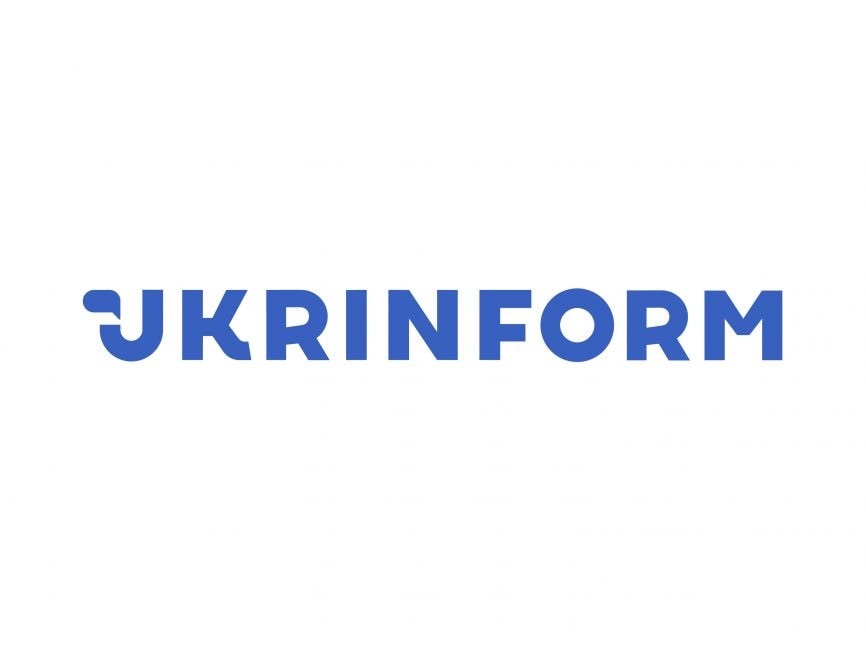The IPI global network today expressed concern over Ukraine’s decision to appoint a Ukrainian army officer as the new head of national news agency Ukrinform. Serhiy Cherevatiy’s professional competence notwithstanding, the decision raises serious questions about Ukrinform’s independence, especially in the context of reports by Ukrainian media on alleged attempts by the office of the president of Ukraine to obtain control over the news agency.
The nomination of Serhiy Cherevatiy comes just six months after that of his predecessor Oleksiy Matsuka. While Cherevatiy is an experienced war correspondent and army press secretary, he has not managed civilian media outlets. Moreover, Ukrainian media have recently reported on alleged attempts by the country’s presidential administration to extend its influence to the activities of Ukrinform, with the lack of transparency surrounding the nomination of its new director simply being a new step in this direction.
Issues with transparency are linked to the lack of open procedures for the nomination of directors at Ukraine’s state-owned media outlets, such as Ukrinform or the TV channel Freedom. Unlike public broadcaster Suspilne, these are not managed by an independent supervisory board, and their management is nominated directly by Ukrainian government representatives. In the case of Ukrinform, the responsibility for this lies with the minister of culture.
A landmark on the scene of Ukrainian journalism, Ukrinform is the country’s only state-owned news agency. Since the end of the Euromaidan revolution of 2013-2014, Ukrinform was led by Oleksandr Kharchenko, who was widely viewed by the Ukrainian journalistic community as having successfully introduced standards of impartial journalism within the state-owned outlet.
Kharchenko was dismissed in November 2023 and replaced by Oleksiy Matsuka, who was known for his support of the political line of president Volodymyr Zelensky. Ukrainian media have criticized his term for not only dismissals of journalists on allegedly politically motivated grounds, but also “managerial chaos” within the news agency.
“While Serhiy Cherevatiy’s professional competence may not be in question, it is nevertheless concerning that the Ukrainian government has nominated an active military officer to head the national news agency”, said IPI Deputy Director Scott Griffen.
“This nomination is especially concerning in the context of reports by independent Ukrainian media alleging that the presidential administration has sought to increase control over Ukraine’s only state-owned news agency. The role of any national news agency is to supply – working on the basis of journalistic independence – facts for national and international audiences and media outlets, not to be an information tool of the government or military. The procedure for nominating the director of Ukrinform should be open and subject to public discussion, as is the case, for example, at Ukraine’s public broadcaster Suspilne.”
Prior to his nomination, Cherevatiy served as the speaker of the Eastern Army Group in the Ukrainian military, responsible for areas such as the Kharkiv region and the Donbas. He was generally viewed by journalists as having carried out this role capably. In contrast, media had strongly criticized the speaker of the Southern Army Command, Natalia Humeniuk, who was recently removed from her position.
Since the start of Russia’s full-scale invasion, the Ukrainian government has adopted a policy of informational warfare against Russia, in line with the country’s military resistance on the ground. One of the consequences of this decision was the grouping of six of Ukraine’s main television channels into a so-called “United News Telethon”, which acts as the leading broadcaster of TV news to audiences in Ukraine.
The “United News” policy has been increasingly criticized within Ukraine and outside its borders for not providing balanced news to audiences and producing unengaging content. As a result of this criticism, Ukraine’s public broadcaster Suspilne recently made the decision to de facto leave this broadcasting format.
